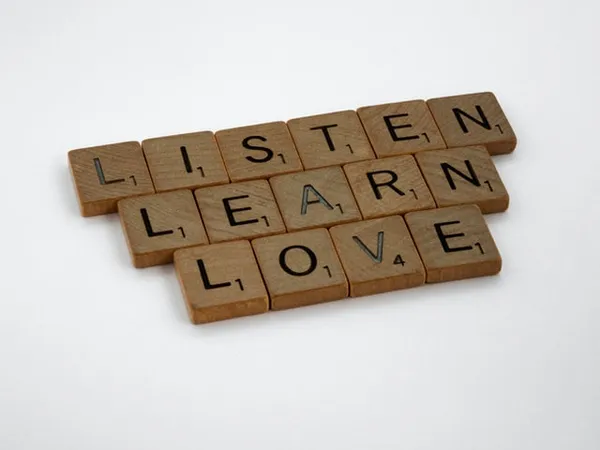Understanding Suicide
This blog post is associated with episode 14 of the podcast with Joanne Yiu.
Trigger warning: This topic may be difficult, intense, and triggering for some individuals. If you find yourself feeling overwhelmed, I encourage you to reach out to your support system or call a crisis line. Please do what is comfortable and safe for you.
Suicide, suicidal ideation, and self-harm can be symptoms of numerous mental health disorders and it might even be a thought that many of us have had at least once in our lives. Suicide can affect people in multiple ways, whether someone is thinking about it, knowing someone who is contemplating it, or struggling from a loss of suicide. It has become such a taboo word that people are scared to mention it or talk about it because they do not want to trigger others. One misconception is that talking about suicide can cause people to have more thoughts about it. However, The National Institute of Mental Health and many studies have shown that being direct and asking someone “Are you thinking of killing yourself?” or “Have you had thoughts about dying?” is one of the most effective ways to identify if someone is at risk for suicide.

As a volunteer at the Crisis Text Lines, we had to complete 36 hours of training before we could begin connecting and chatting with individuals online. One of the biggest components of the training was learning how to conduct a risk assessment. There was an emphasis on being direct when asking individuals if they have any thoughts about dying. Doing so validates how they are feeling and acknowledges that having such painful thoughts does not make them worse people. Instead, reaching out for support and sharing these thoughts and feelings are indications of growing self-awareness, immense courage and strength, and that a part of them is wanting to keep fighting.
“Mental health is not a life sentence.” - Joanne in episode 14 of the podcast
Joanne makes a great point because it can be so easy for us to chain or submit ourselves to a life sentence of feeling like we do not deserve better. This is where self-compassion kicks in. What would you say to a friend going through a tough situation? Would you extend the same kindness to yourself? It’s likely not because we’ve been taught to judge and criticize ourselves harshly because we should have known better or worked harder. What this does is adding weight to our shoulders and feeling like we can never be happy with ourselves no matter what we tried. These are some of the first thoughts of depression.

Having suicidal thoughts or knowing someone experiencing this can be painful and challenging to navigate. Please ask yourself if you have the capacity to support someone emotionally because it can be incredibly taxing to do so. We all deserve to feel supported.
